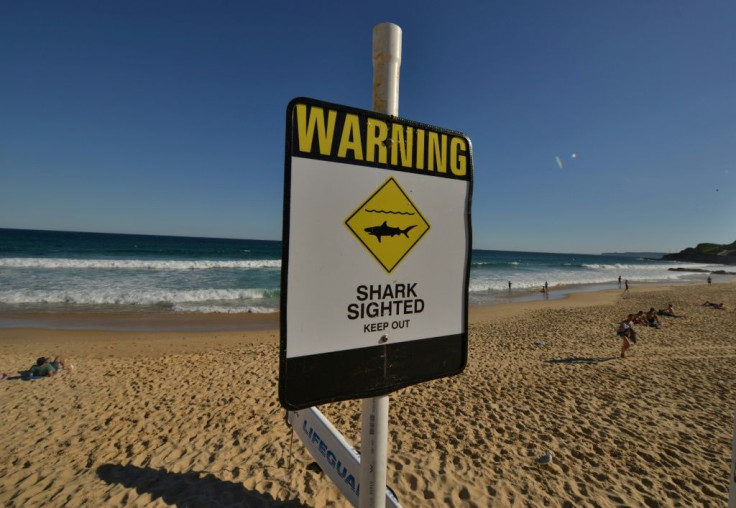Maine Woman Killed In Suspected Shark Attack
KEY POINTS
- A woman was killed in a suspected shark attack off the coast of Maine
- The woman was likely mistaken by the shark for food
- Worldwide, the U.S. leads the number of most unprovoked shark attacks
Officials in Maine are investigating the death of a woman after a suspected shark attack.
On Monday, July 27, a woman was killed in a suspected shark attack near Bailey Island off the coast of Maine. According to a statement from the state's Department of Marine Resources, a witness saw that the woman was swimming off the shore when she was injured in what looked like a shark attack. Nearby kayakers brought the unnamed woman to the shore but, she was pronounced dead by Emergency medical responders.
The Maine Marine Patrol are investigating the incident. Swimmers and boaters in the area are being advised to be cautious when around Bailey Island and avoid swimming close to seals or schooling fish.
#MaineMarinePatrol is investigating a possible fatal shark attack. https://t.co/Cc59wBPQ3h
— Maine DMR (@MaineDMR) July 27, 2020
Marine patrol spokesman Jeff Nichols said another person who was swimming with the woman was uninjured, the Portland Press Herald reported.
In an interview with the outlet, former University of New England professor and researcher James Sullikowski said it was likely that the victim was mistaken by the shark for food.
"This is the first documented fatality ever in Maine," Sullikowski told the outlet. "Shark interactions with humans are very rare in Maine. My guess is that the person was mistaken as a food item. In this area of Maine and depending on how close to shore the event occurred, my guess is it was a white shark."
Sullikowski further said that it would only be a matter of time before human-shark conflict in the area intensifies due to Maine's healthy seal population. He noted that the state's coast has been seeing more white sharks in recent years.
According to the Florida Museum, there were a total of 140 human-shark interactions worldwide in 2019, 64 of which were unprovoked while 41 were provoked or when the humans initiated the interaction in some way. The number of unprovoked attacks for 2019 is significantly lower than the 2014-2018 annual average of 82 incidents.
The U.S. reported the most unprovoked shark attacks in 2019 with 41 confirmed cases, comprising 64% of the world total. Twenty-one of these U.S. cases were in Florida.
"The total number of unprovoked shark attacks worldwide is extremely low, given the number of people participating in aquatic recreation each year," Florida Museum website says. "Fatality rates have declined for decades, reflecting advances in beach safety, medical treatment, and public awareness. This underscores the importance of global efforts to improve ocean rescue, medical care, and shark education."
With the human population still expanding and the interest in water activities increasing, there could be more and more instances of human-shark interaction as humans continue to go to the sharks' natural habitat. As such, it is important to continue to educate humans on shark-related issues and on the measures that can reduce the risk of shark attacks.

© Copyright IBTimes 2024. All rights reserved.






















